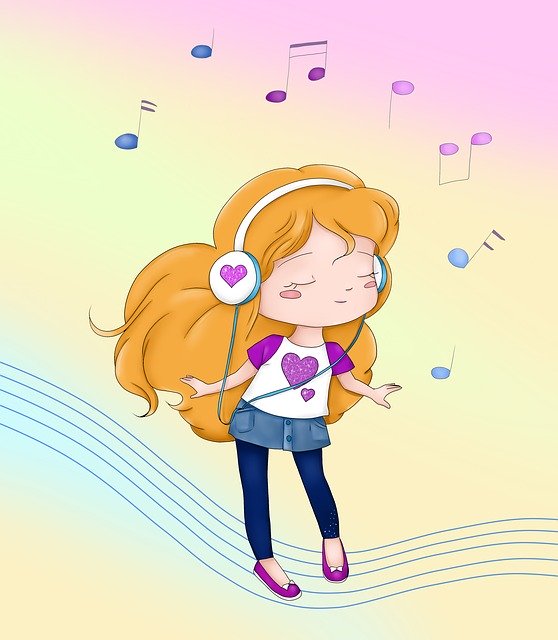A: I totally understand your resistance to “kids’ music.” Listening to a kiddie version of a Beatles song is enough to make my ears bleed, too, but you aren’t really asking me whether you are doing a child a disservice by prohibiting “kid-friendly” music. It sounds like you are really asking me whether you are exposing your daughter to “too much adult stuff too soon.”
The answer is: Maybe.
As I read your note, a memory struck me: I remember listening to Simon and Garfunkel’s “Bridge Over Troubled Water” on my dad’s turntable, day after day, hour after hour. I was a harmony kid from the start. One day, after listening to “The Boxer” for the 40th time, I turned and asked my dad what a “whore” was, and, without missing a beat, he said something to the effect of: “It is a woman who has sex for money — or, sometimes, not even money.” My 6- or 7-year-old mind was blown. Sex was something that happened on “General Hospital,” and everyone was always “in love.” Money exchanging hands? And Paul Simon had done this? (I didn’t even understand the idea that Paul was singing about a character, not himself.)
I did not ask any more questions about this word or its meaning; a secret of the adult world had been revealed to me, and I dared not push it. But in my child mind, two things happened: I respected my dad for telling me the truth, and a little part of my childhood innocence was taken away. And before anyone spirals into some kind of trauma I may have experienced, learning about the “real world” is all childhood is. As children, we are shocked to learn that friends sometimes lie or steal. Children are surprised to learn how human adults are (remember when you thought your teachers slept at school?), and our little childhood hearts get broken and re-broken with all this humanity.
The problem isn’t really learning about heroin or suicide or any other adult malaise; it’s really a question of when. When do we expose our children to the harsh realities of life?
[sc name=”Button Conflict to Cooperation Right”]
It depends on a couple of factors. Firstly, the younger the child, the more immature the brain. This essentially means that for kids around 5 and under, anything that happens to Kurt Cobain “will happen to Mommy.” Because the brain is fixated on the main attachments, the child doesn’t have anywhere to put this kind of trauma; it is too confusing and too upsetting. As a child heads toward the age of reason (around 7), the child can begin to have an understanding that bad things happen to other people, but it may still start a worry loop. First of all, these stories are awful. They are filled with loss, loneliness and heartache. Again, even a mature child doesn’t know how to identify with it. To do so, a child has to accept some hard truths: People die (sometimes violently and at their own hands), adults make huge mistakes, and parents let children down.
So, beyond you liking Taylor Swift or not, you need to decide whether your child can actually handle these big ideas with equanimity and maturity. Is your daughter mature enough to know that some adults abuse substances and die, and some adults don’t? Does she feel solid that this will not be you? Or does your daughter go into a worry loop, or begin to feel depressed or scared of the larger world?
Finally, remember this: Once your child learns these harsh realities, they are out there, but you can hold off on some of these rough truths for a while. So, is there a the middle ground between acid trips and Kidz Bop? Can we populate her mind and ears with something in the middle, so we give her brain a chance to catch up in maturity?
You may say no, and that’s your right. Just acknowledge that with the knowledge gained, some innocence is lost. Only you can figure out the balance you want to strike; just make sure the balance is more about your daughter’s needs than your music taste.
Find this over on The Washington Post.
Looking for more parenting support? Click here.
